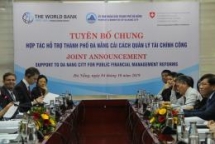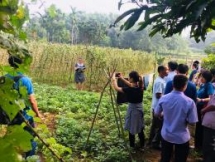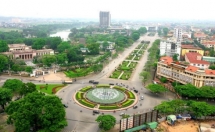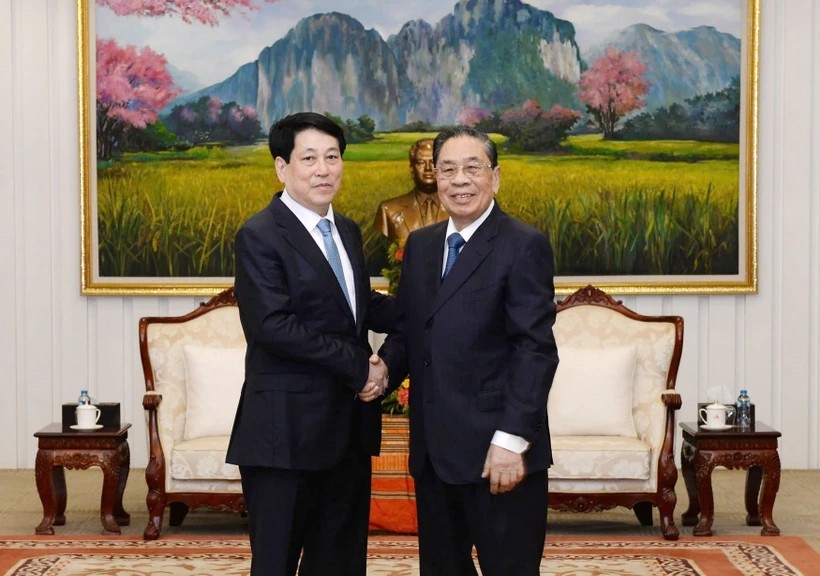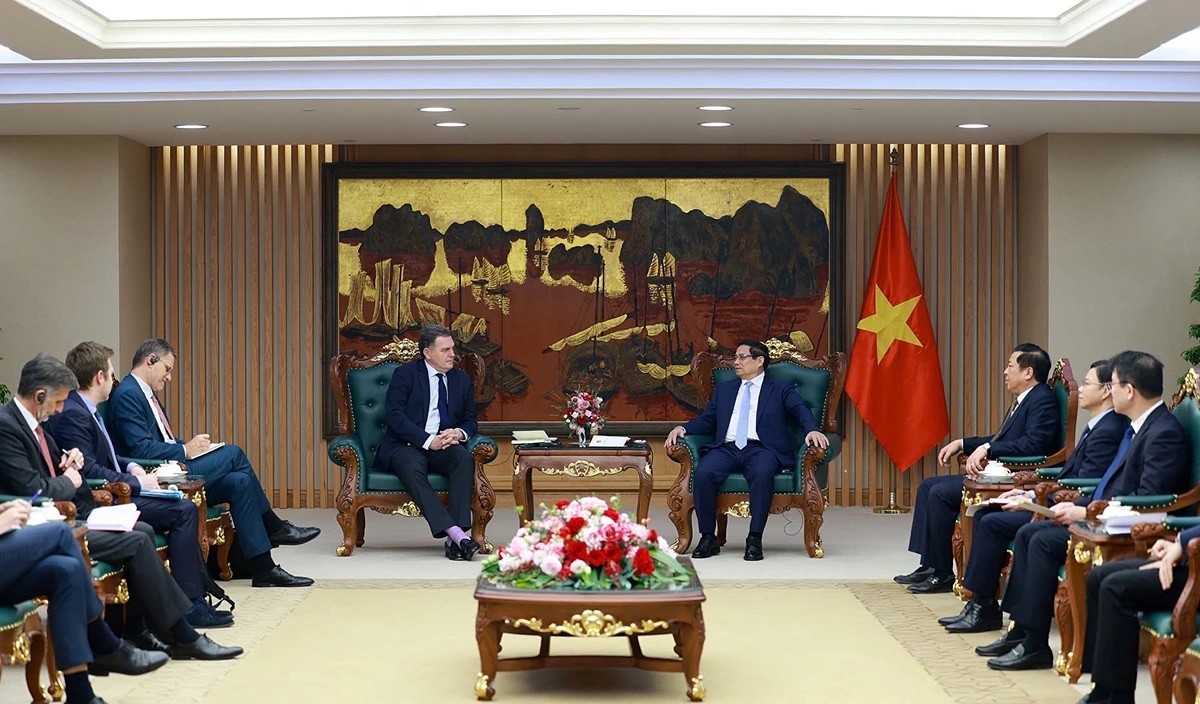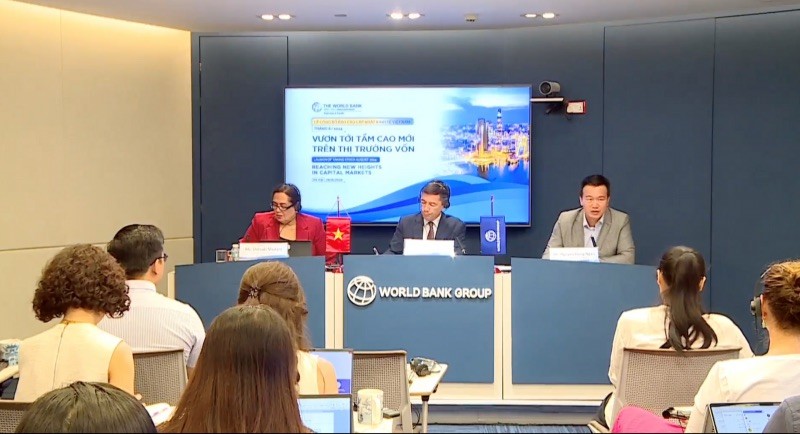World Bank Director: Optimizing the recovery journey ahead for Vietnam
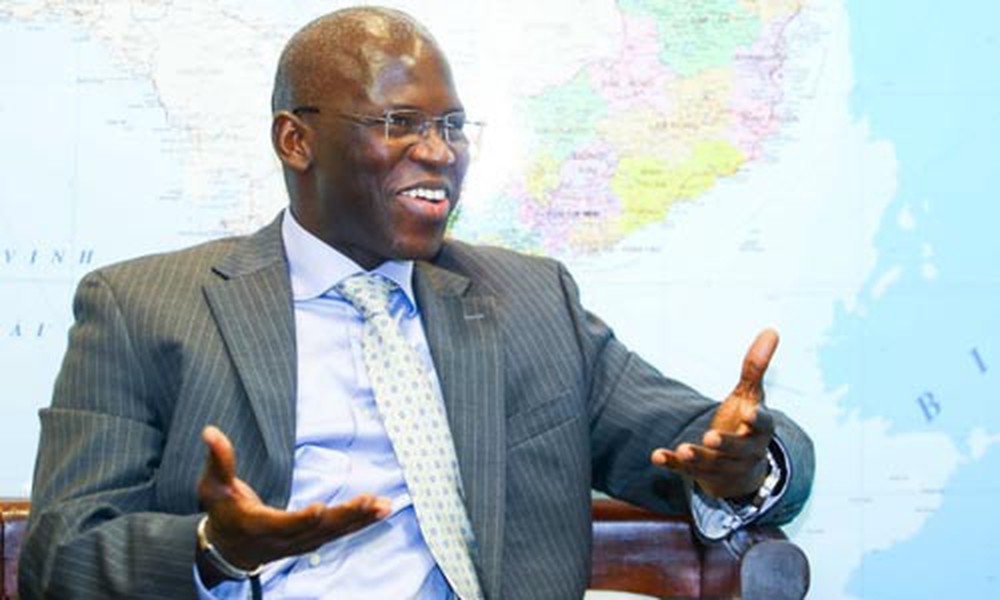 |
| World Bank Vietnam Country Director Ousmane Dione (Photo: Investor) |
As the old saying goes, “What does not break you makes you stronger.” This is so true for Vietnam, not only throughout its rich history but also in the current context.
It is also the spirit shown in the recent meeting between the prime minister and the private sector. Ensuring that Vietnam emerges from the current crisis the world still faces to a sound economic recovery is of critical importance as the country eases social distancing restrictions.
Vietnam’s health response to the ongoing pandemic has been exceptional. With strong leadership and a proactive response, Vietnam has managed to contain the number of infections.
The government’s singular focus on keeping its people healthy and safe during this period of crisis has instilled a strong sense of trust in the authorities. After all, the primary wealth of a nation is the good health of its citizens.
According to our most recent regional economic update, Vietnam’s economy has been resilient. In sharp contrast with the trends observed around the world, many businesses in Vietnam have increased their sales abroad, while potential investors are still coming in large numbers. More than $12 billion in foreign direct investment (FDI) have been registered since the beginning of this year.
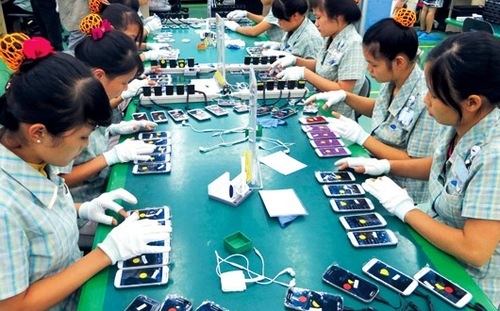 |
| Vietnam’s economy has been resilient (Photo: Vietnam Economic Times) |
Getting back on track
The situation will continue to unfold in the coming months. The good news is that the gradual easing of social distancing restrictions initiated since April 23 is expected to reduce the pressure on both business and workers. As the economy embarks on a recovery path, each new day presents new opportunities to become stronger. It is imperative to seize these opportunities by pursuing the right policies.
Understanding the impact of COVID-19 on businesses is a prerequisite for good policymaking, otherwise there are risks – the risk of wasting scarce public resources and the risk of sending the wrong signals to the markets.
Collecting evidence on the impact of the coronavirus will require innovative solutions as traditional information channels might be too slow in the current context. These solutions may include just-in-time information collected from firms through mobile phones surveys or the use of big data provided by global partners such as Google, with satellite observations for tracking the progress of the pandemic and the speed of economic recovery.
The World Bank Group is supporting the Indonesian government in this effort by creating a new information observatory, and is ready to do the same in Vietnam. Concurrently, the Vietnamese government must think how to best support businesses in both the short and long term. Although many solutions will have to be tailored to the specific needs of firms and/or sectors based on hard evidence, there are at least three guiding principles that can inform policymaking.
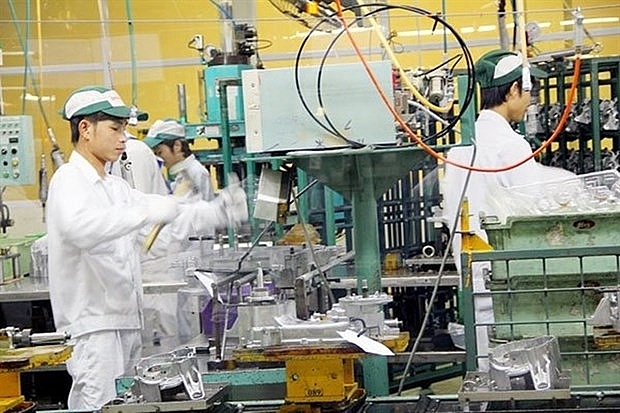 |
| The World Bank Group stands ready to support Vietnam (Photo: VIR) |
Providing encouragement
The first guiding principle is to provide immediate support to firms that are the most affected by the crisis and are expected to rebound quickly when the economy will rebuild gradually.
To avoid persistent negative effects on economies and workers, it is critical that viable firms do not exit and that financial institutions continue to provide access to credit and working capital for businesses in a sustainable way.
Vietnam has already been moving on this front, notably through the series of measures taken by the Ministry of Finance and the State Bank of Vietnam to ease the liquidity crunch and credit conditions and by the fiscal packages announced by the government in early April.
The second principle is to encourage the reallocation of resources away from businesses that are not expected to rebound quickly or that will have to change their ways to conduct business in the aftermath of the pandemic, which will become increasingly “contact-free”.
The government can stimulate the reallocation of resources toward more profitable activities. Like in Singapore, taxi drivers could be incentivised to convert to delivering merchandise or online orders, the volume of which has grown dramatically during the pandemic.
Issuing longer-term and multiple free entry visas and jointly promoting safe travels and hospitality can help restore trust and confidence for travellers. Equally, a targeted and strategic investment promotion effort could be launched to attract multinationals that are considering moving away from neighboring countries.
The third principle is to consider supportive actions that will help the country meet its aspiration to become a high-income economy. Within this vision, there are three potential options the government could consider over the next few months.
The first is optimising the use of public investment to stimulate private activities through effective contracting – for example, ease participation in public procurement and public works with an emphasis on SMEs, especially domestic contractors to encourage economic activities.
The second is making the most of the digital agenda to reduce transaction costs for both the government and businesses.
Finally, the third is protecting and creating jobs and boosting human capital through context-tailored social protection and training programmes, including for example support packages for companies to retain senior workers and mid-career workers and reskill them for today’s and tomorrow’s job market, and co-funding wage cost with companies offering traineeships for the first time job seekers.
These three options enable the public support for private businesses in the short term, while generating productivity gains over the longer term. Ultimately, finding solutions in crisis involves taking risks. As such, policymakers should be empowered to take informed risks and bold actions and rewarded for innovation and successes.
As always, the World Bank Group stands ready to support Vietnam. I believe the current crisis offers a unique opportunity to reinforce our long and mutually-beneficial partnership.
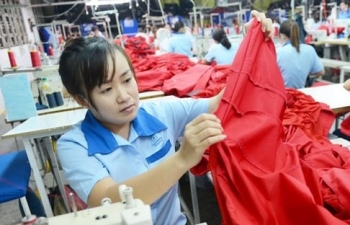 | Vietnam-EU trade agreement supports Vietnam's economy to recover from pandemic The trade agreement with E.U. could boost Vietnam economy to recover from pandemic impacts by boosting trade and creating jobs, the government says. |
 | Hospitality among slowest industries in Vietnam to fully recover after COVID-19 Market researcher newspaper Savills considered hospitality among the first COVID-19 striken industries in Vietnam and will likely be among the slowest to fully recover. |
 | Vietnam tourism is ready to recover after COVID-19 outbreak, view from national expert In Vietnam, 96 million people are getting back to their daily lives. The energy and buzz which has driven substantial tourism growth in Vietnam in ... |

